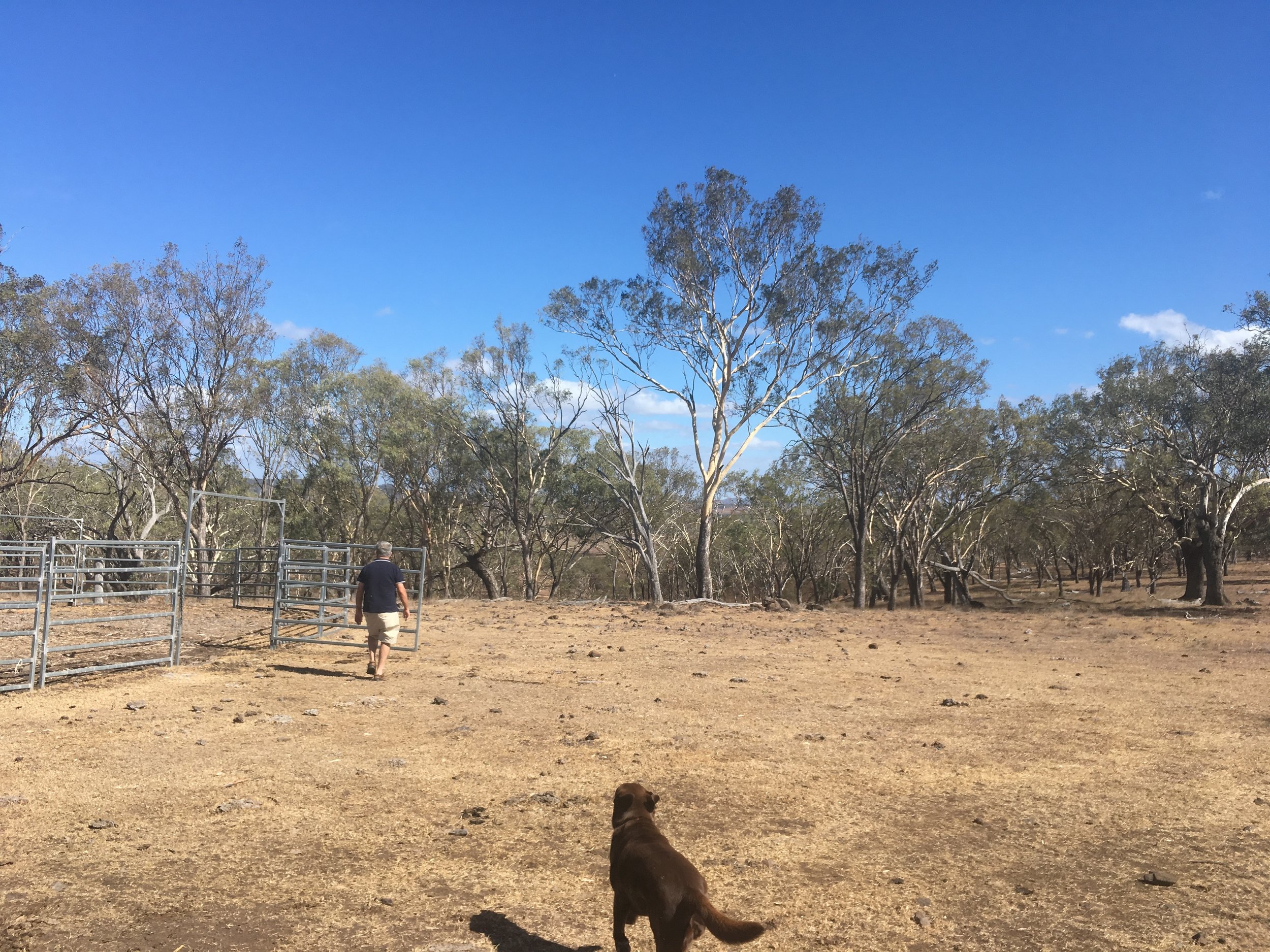Thoughts from Abroad
So having spent fifteen months driving from London to Australia, what are our conclusions?
The kindness of strangers
First, we were amazed by the kindness of strangers throughout the world.
For example, our petrol tank required major repairs in a small garage in a small town, Shavat, in Uzbekistan. Muhammad Bakhtiyorov and his family, who lived opposite the garage, invited us into their home for a meal and gave us beads from Mecca.
We reciprocated with some gifts and posed for a photo!
Drought
The deserts we drove across, such as the Taklamakam in China and the central desert in Australia, were vast and growing.
We visited John and Kym Lee Lewis who were ‘hobby’ cattle farmers in Allora, Queensland. Owing to two years of drought they had leased out their farm and sold their cattle. You could really see the impact of global warming.
Presumably, someone in Lapland is benefitting from global warming, but all we saw was growing deserts and struggling farmers.
Drought stricken pastures in Queensland
The Rise of China
The pace and scale of economic development in China is simply astounding. There are new motorways, new railways, new cities and new mosques. The Gross Domestic Product of China is now second only to that of the United States.
Indeed, China seems more influential than the United States in most of the countries we visited. China is building new roads and railways in these countries. Even in the former Soviet Union countries, where many people still spoke Russian, the infrastructure was primarily being provided by the Chinese Belt and Road initiative. In other countries, like Australia, China is the main trading partner. Although China is clearly more important economically and politically in these countries than the United States, all is not lost for the USA. People are still wearing T-shirts saying “Levi” and baseball caps saying “NYC”.
Inequality and Corruption
It was cheering to see how once poor countries, like China, are now much richer than they were. Yet the narrowing of the income gap between rich and poor nations is in sharp contrast to the growing income inequality within countries.
Cambodia is a good example. For the last ten years the economy has been powering forward, driven by textiles, tourism and agriculture.
Yet over the same period the per capita consumption of the poorest 20% has only risen slightly, while the consumption of the richest 20% has risen by 45% (World Bank).
One of the reasons for this growth in inequality appears to be corruption. Cambodia is ranked as the 19th most corrupt country in the world by Transparency International. Certainly, we were sad to see trees in the Government owned national parks being cut down and sold. In the Bokor national park, the trees had not just been cut down but replaced by a 500 room hotel. Inside this Thansur Sokha hotel we found a casino.
500 bed hotel and casino in a national park
The Prime Minister of Cambodia, Hun Sen, has been in power for 34 years since 1985.
Reducing income inequality within countries is a major challenge.
Gearbox
Finally, we strongly recommend the Silk Road to other travellers.
But one word of warning, good gear box mechanics are hard to find. Our world tour of garages was fun but began to be repetitious as we replaced one gearbox and clutch after another.
So try to avoid your gear box breaking down until you are close to a good Australian mechanic!







